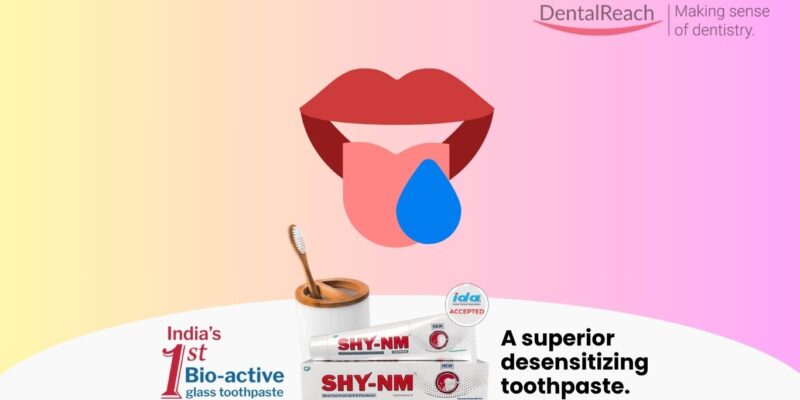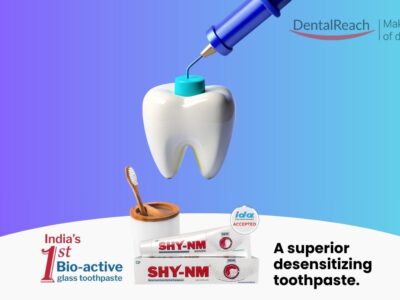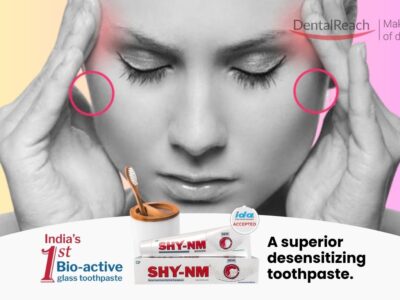In a recent development that blends oral care with cutting-edge biosensing, researchers have created a dental-floss-based device that can measure cortisol levels in saliva—offering dentists a simple, noninvasive way to monitor stress in real time.
The innovation uses a specially designed floss that collects saliva during use and channels it through thread-like microfluidics to a flexible electrochemical sensor. There, cortisol—the hormone most commonly linked to stress—is measured using graphene-based electrodes embedded with highly selective molecularly imprinted polymers (MIPs). The sensor delivers results within 11 to 12 minutes, detecting cortisol at levels as low as 0.048 pg/mL and showing a strong correlation with conventional lab-based ELISA tests (r = 0.9910).
What makes this especially relevant for dentists is how seamlessly it fits into existing routines. Saliva collection is already familiar to most practices, and flossing is an everyday hygiene activity. The idea of combining the two for diagnostic purposes could open up new possibilities—particularly for patients with high anxiety, chronic conditions, or those undergoing long-term dental rehabilitation.
The device demonstrated consistent accuracy, even in real saliva samples, with over 98% recovery and less than 5% variability. Its wireless readout system further enhances its usability, making it feasible not just for in-clinic monitoring but also for at-home use in the future.
Though it’s still a research-stage tool, this floss-based sensor represents an important step toward accessible, real-time monitoring of stress and, eventually, other salivary biomarkers. For dentists, it hints at a future where something as routine as a flossing session could yield valuable insights into a patient’s systemic health—right from the dental chair.
Source: ACS Applied Materials & Interfaces




















Comments